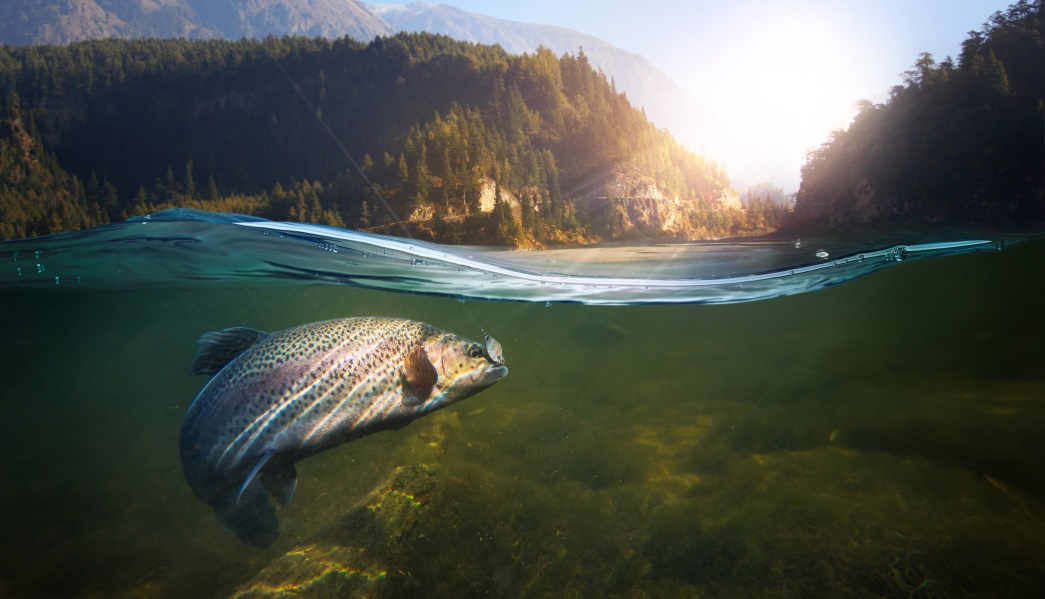The Katzie First Nation is the band government of the Pitt /Alouette region of the Lower Fraser Valley in British Columbia, Canada.
Katzie has been a fishing community since time immemorial. In recent years, many of the Katzie people take time off from their jobs to come back to the river to harvest salmon during the summer months. But those harvests are now drastically lower than they once were, thanks to a toxic combination of breeding habitat loss, ability to reach breeding habitat (due to dams) and commercial over-fishing.
Now, Katzie First Nation has won a grant from the 2019 WWF-Canada Restoration Fund. They will use the $150,000 CAD grant to restore the Upper Pitt River’s Blue Creek habitat.
The area provides a healthy ecosystem for local wildlife and communities, and is the traditional territory of the Katzie First Nation.
“Our longstanding relationship with nature focuses around the Pitt and Fraser Rivers and we have always focused on salmon as a sacred animal and focal point to our culture. Salmon are more than fish, they are our family. We hope to protect future generations of species and British Columbians through this important work,” said Rick Bailey, Katzie First Nation Councilor.
The Restoration Fund, a partnership with WWF-Canada and Coca-Cola Canada, supports projects that aim to improve the health of Canada’s freshwater ecosystems through direct, on-the-ground initiatives.
The Upper Pitt River’s Blue Creek has been home to Katzie First Nation since time immemorial, and is a crucial reproductive hotspot for the Upper Pitt Chinook salmon.
“The Restoration Fund helps local organizations improve habitat for species at risk and people in highly stressed freshwater ecosystems. This project is a great example of local communities working towards healthy freshwater ecosystems that benefit wildlife and people that depend on it for their survival,” explained Elizabeth Hendriks, WWF-Canada’s vice-president of freshwater conservation.
Due to decades of intense fishery pressures and poor land-use practices, this traditional spawning ground has been damaged. Chinook salmon have declined as a result, with spawner numbers decreasing from 3500 in the 1960s, to as low as 75 in 2018.
The Katzie First Nation, a member on the Lower Fraser Fisheries Alliance, plans to recover this crucial habitat by removing in-stream barriers caused by a recent landslide and build rock and log fortifications to protect spawning beds.
These changes will help restore fish migration, ecosystem connectivity and water flow into neighboring channels that support a variety of species including Chinook, Coho and endangered Steelhead Trout.
Chinook salmon are an important cultural and economic species as well as a major food source for Southern Resident Killer whales. With increasing stressors on both Chinook salmon and their habitat, this traditional First Nation cultural site and spawning ground could be lost, leading to food-web imbalances. This restoration project hopes to reverse this loss and provide future stability to communities, wildlife and Chinook salmon.
“Coca-Cola is proud to support the WWF-Canada Restoration Fund to further our goal of returning 100% of the water we use in our beverages to communities and nature. Having reached this goal in Canada at the end of 2018, we continue to support water conservation projects to further protect and enhance our important natural resources for future generations,” said Jon Radtke, Water Sustainability Manager at Coca-Cola North America.
Image via Adobe Stock.
See WWF-Canada website.</strong>

